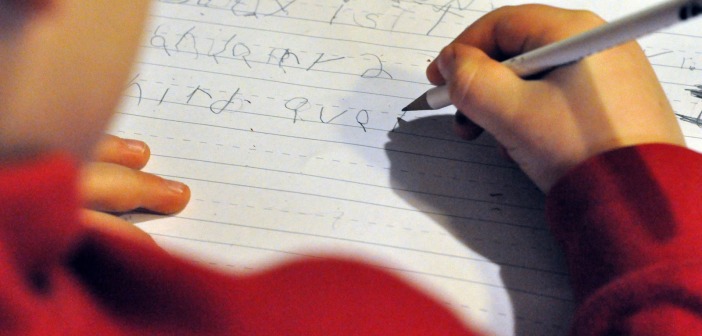Toddlers can learn many things at an astounding rate. They go to daycare and repeat curse words, as many parents have found out the hard way. They can also learn “please and thank you.” They learn from observing and interacting with other people of all ages.
Toddlers appear to play all the time while they are absorbing information and experiencing cause-and-effect events. Dropping the cookie means it cannot be eaten. It’s all good unless it hurts in some way. Comforting a toddler and changing the focus work wonders in such situations.
Jean Piaget, an early childhood expert and icon of research, found that a child’s “sense of self” develops in the first two years of life. Toddlers must learn that they are different than their parents and siblings and not the same person. Babies rarely, if ever, have this capacity. If a brother or sister falls down, a toddler may say “uh oh” but does not feel pain and realizes it happened to someone else. See more on Jean Piaget and his very beneficial research here.
According to the experts over at Summit Kids Academy, “Crying is a message, so don’t feel angry or guilty, just find out why the toddler is crying. It can mean sadness, pain, tiredness, boredom or anger, and there are usually different tones for each kind of crying. If a toddler cries more than usual, ask the pediatrician about it.” Conversely, if a toddler begins to get quiet and withdrawn over a time period of one week, definitely call the pediatrician. Toddlers are generally loud and have few or no filters. It is not age appropriate for them to know what to do in social situations.
“Messy” is a term that parents of toddlers are familiar with because toddlers make messes in social situations. The University of Iowa has researched this and found that kids in high chairs are better able to make a mess. This is a good thing, because kids sitting at the table were not as messy and did not learn the names of gooey things as well. A toddler who has his or her hands in something, smelling it and possibly tasting it, has a close-up view as well. The “goo” might even make a sound while the toddler is touching it which uses all five senses.
This is a somewhat deep immersion experience with the nonsolid “goo” and likely to be remembered. Read about it here. It may help parents feel better about messes, which are inevitable in Toddler Land.
In this day of electronic convenience, the issue of allowing toddlers to use iPhones has arisen. The New York Times article about the appropriateness of this is relevant and can be found here. One former nursery school teacher has no problem with phone-play and enjoys knowing her two-year-old can see photos of herself. This kind of play elicits verbal responses, or language use, from her daughter, and it is learning.
A CNN report from 12-29-2010 addressed play-based learning in preschool in which researchers found that it was more effective than skills-based learning in helping kids get along with each other. It translates into success in college and life as well. People that allow themselves to play can see others’ concerns and learn from them as opposed to having to be the center of the universe.
Adults that don’t know what to do with leisure time may be workaholics or ill at ease in social situations. There are many reasons for these outcomes, of course, but learning to play is helpful throughout a person’s life according to this study. It makes sense, and it is said that laughter is the best medicine. People usually prefer to laugh rather than cry, and it’s healthy.
Playing, iPhones, mess and learning all go together in Toddler World. Love, gently lead and enjoy the toddlers so they can be stable, productive adults.




